Date: 19 July 2007
He wanted to gain a foothold in the vehicle glass replacement sector.
Cao was lucky. He found a customer for his company, Fuyao Glass Industry Group Co Ltd. But quality problems were to cost him $600,000 – almost all its profits in a year.
Undeterred, Cao pressed on with his goal of breaking into the overseas markets. In March this year, he inked a contract to supply luxury carmaker Bentley.
Overseas markets contributed almost 30% of Fuyao’s 3.88 billion yuan in sales last year. The company, based in Fuqing, Fujian Province, has become the fifth-largest maker of vehicle glass in the world.
But Fuyao has bigger plans. “We want to reverse the proportion of our domestic sales versus exports,” says 61-year-old Cao, who founded Fuyao 20 years ago with a couple of partners.
Over 60 million cars are sold worldwide each year. In China, 7 million cars are sold annually, although it is the second largest market after the United States and grows by almost 30% a year.
Cao says it was a logical progression for Fuyao, which holds 60% of the auto glass market in China, to look overseas.
Last June, Fuyao became an original equipment manufacturer (OEM) for General Motors, the world’s largest carmaker. Fuyao is also on a shortlist of glass suppliers for all top eight carmakers, along with Saint-Gobain in France and PPG in the US.
Now the Bentley deal is set to raise the international profile of the Shanghai-listed Chinese firm.
“The Bentley contract isn’t big, but it means we’re up there with the best auto glass makers now,” says Cao, adding it will start supplying Bentley from next year.
Fuyao’s auto glass business rose 29% year-on-year in the first quarter. But its OEM exports doubled from the same period last year, which already doubled in the whole year of 2006. Fuyao holds around 3% of the global auto glass market.
Its position in the US is better, but the global shipment volume is low, according to Qian Xiaoyu, an analyst with United Securities. Qian says the firm has huge potential. But it hasn’t been easy for Fuyao to build its export business.
The appreciation of the renminbi has become the biggest challenge for the largest Chinese auto glass producer. The renminbi has climbed almost 8% against the greenback since mid-2005, and every percentage point of appreciation means a rise in labour costs for Fuyao of about 3%, as well as increases in logistics, oil and raw material costs.
Many Chinese firms have opened factories in North America, Europe or South-East Asia to fend off the impact of trade disputes and to find lower-cost manufacturing sites. Cao says this is a logical step, as China is short of resources.
But he says Fuyao is currently only focusing on domestic manufacturing and has no intention of buying or building overseas plants. “Vehicles and glass were both invented by foreigners, so if they can run a good business in their home market, why would they come to China?” says Cao. “Globalization is the trend, but we must think it through.”
But the company is not averse to bringing foreign investors in. In November, Fuyao signed an agreement with Goldman Sachs to issue 111 million new shares. It expects to raise 890 million yuan from the stock sale.
Fuyao, controlled by Cao and his family, plans to use the bulk of the proceeds from the sale to repay bank loans. Last year, the company had a debt ratio of 65%, because it spent 1.14 billion yuan on expansion.
Cao says the company has sought advice from Goldman Sachs on how to invest overseas and boost its US business.



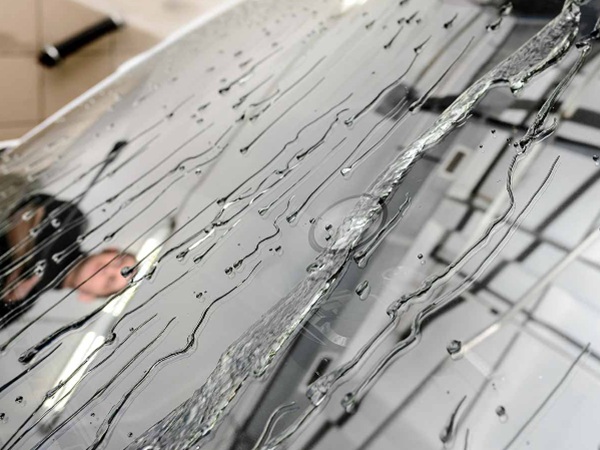
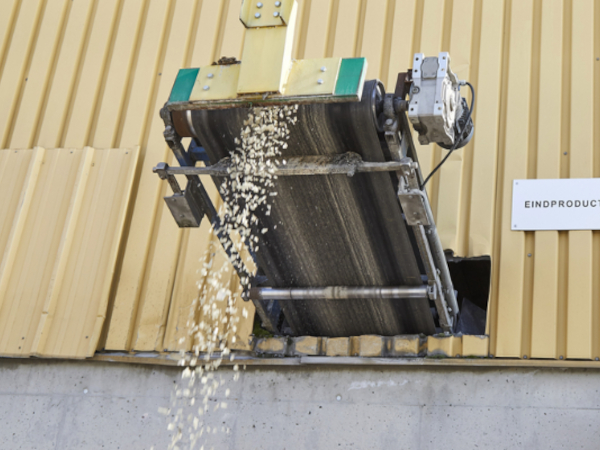












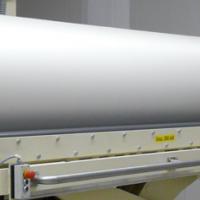
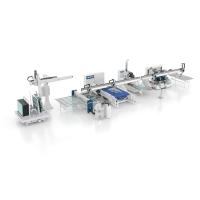

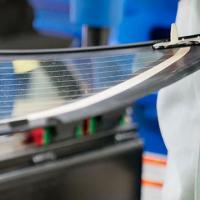
Add new comment